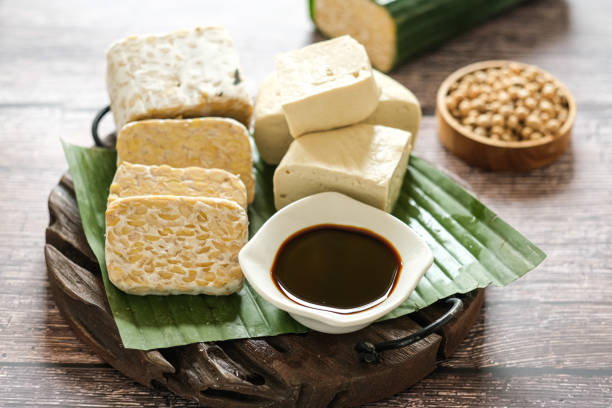15 Crucial Facts to Know Before Choosing Vegan Supplements
Choosing the right vegan supplements can be a complex process, especially if you’re new to a plant-based lifestyle. Here are 15 evidence-based facts to help guide you in making informed decisions about your health and supplementation.
1. Not All Supplements Are Vegan
Many supplements contain animal-derived ingredients such as gelatin (commonly used in capsules), or vitamin D3 derived from lanolin (sheep’s wool). According to the Vegan Society, Always check the label for a vegan certification, such as those from Vegan Society, Certified Vegan, or similar organizations, to ensure supplements are truly plant-based.
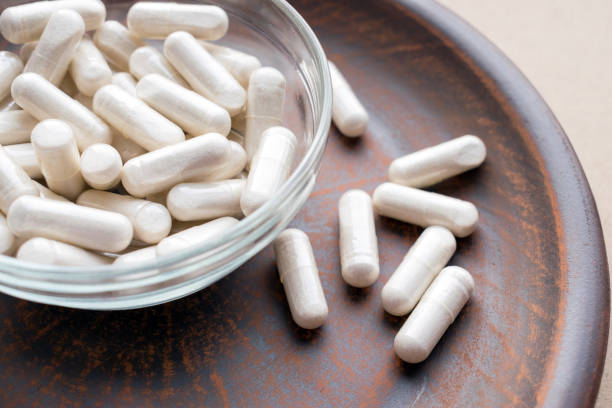
2. Vitamin B12 Is Essential
Vitamin B12 is crucial for nerve function and the production of red blood cells. Research indicates that B12 deficiency is common among vegans, as it is mostly found in animal products. Supplementing with B12 is strongly recommended to prevent deficiency, as supported by the Academy of Nutrition and Dietetics.
You can find vegan B12 supplements in forms such as tablets, sublingual drops, or B12-fortified foods like nutritional yeast, plant-based milks, and breakfast cereals.
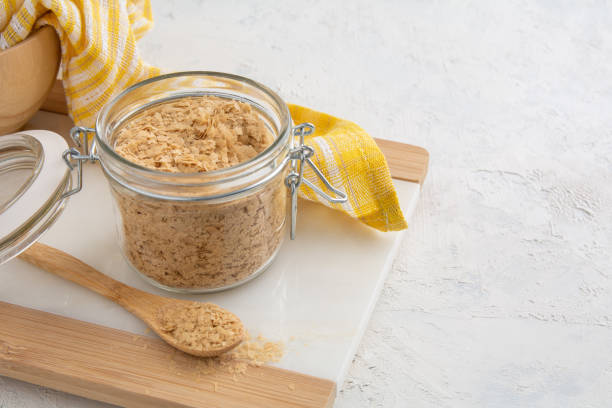
3. Omega-3 Fatty Acids Are Harder to Get
Omega-3 fatty acids, particularly DHA and EPA, are important for brain and heart health. Most Omega-3 supplements are derived from fish oil, but vegans can obtain DHA and EPA from algae-based supplements, which provide the same benefits without using fish.

4. Calcium Isn’t Just About Dairy
Calcium is important for bone health. Although many associate it with dairy, there are plant-based sources like leafy greens, tofu, and fortified plant milks. The National Institutes of Health (NIH) recommends calcium supplementation if dietary intake is insufficient, particularly for individuals avoiding fortified foods.
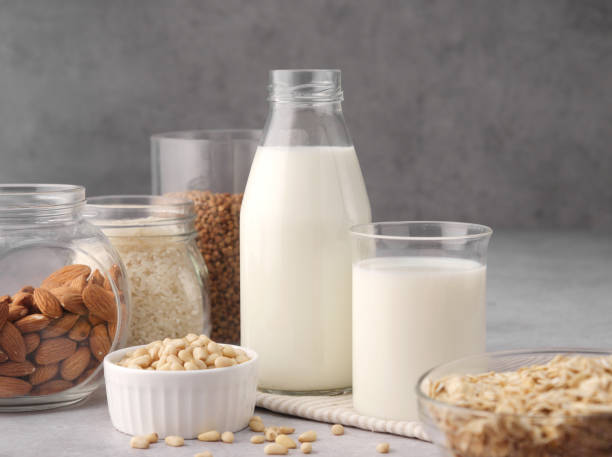
5. Iron Needs May Be Higher
Plant-based iron (non-heme) is not as easily absorbed as heme iron found in animal products. According to the NIH, pairing non-heme iron with vitamin C can enhance absorption. Vegans may need to consider iron supplementation if their iron levels are low.
Plant-Based Sources of Iron
| Food | Iron Content (mg per 100g) | Notes |
|---|---|---|
| Lentils | 3.3 | Pair with vitamin C for better absorption |
| Chickpeas | 2.9 | Great for stews and salads |
| Tofu | 5.4 | A versatile source of protein and iron |
| Spinach (cooked) | 3.6 | Contains oxalates that inhibit absorption |
| Pumpkin Seeds | 8.8 | Can be added to smoothies or salads |
| Quinoa | 1.5 | A complete protein with added benefits |
| Blackstrap Molasses | 4.7 | Can be used as a sweetener in recipes |
| Cashews | 5.2 | A tasty snack or addition to dishes |
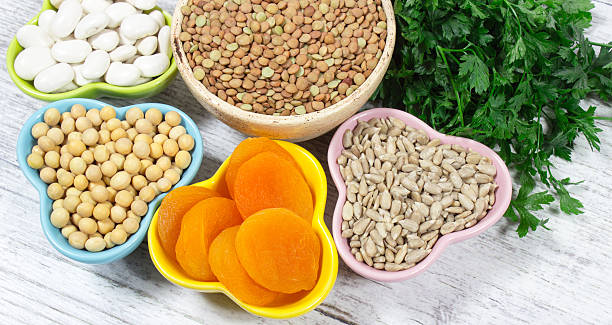
6. Vitamin D Is Key for Immune Health
Vitamin D plays a critical role in calcium absorption and immune health. The NIH states that vitamin D deficiency is common, particularly in regions with limited sunlight exposure. A vegan D2 or D3 supplement (sourced from lichen) can help maintain adequate vitamin D levels.
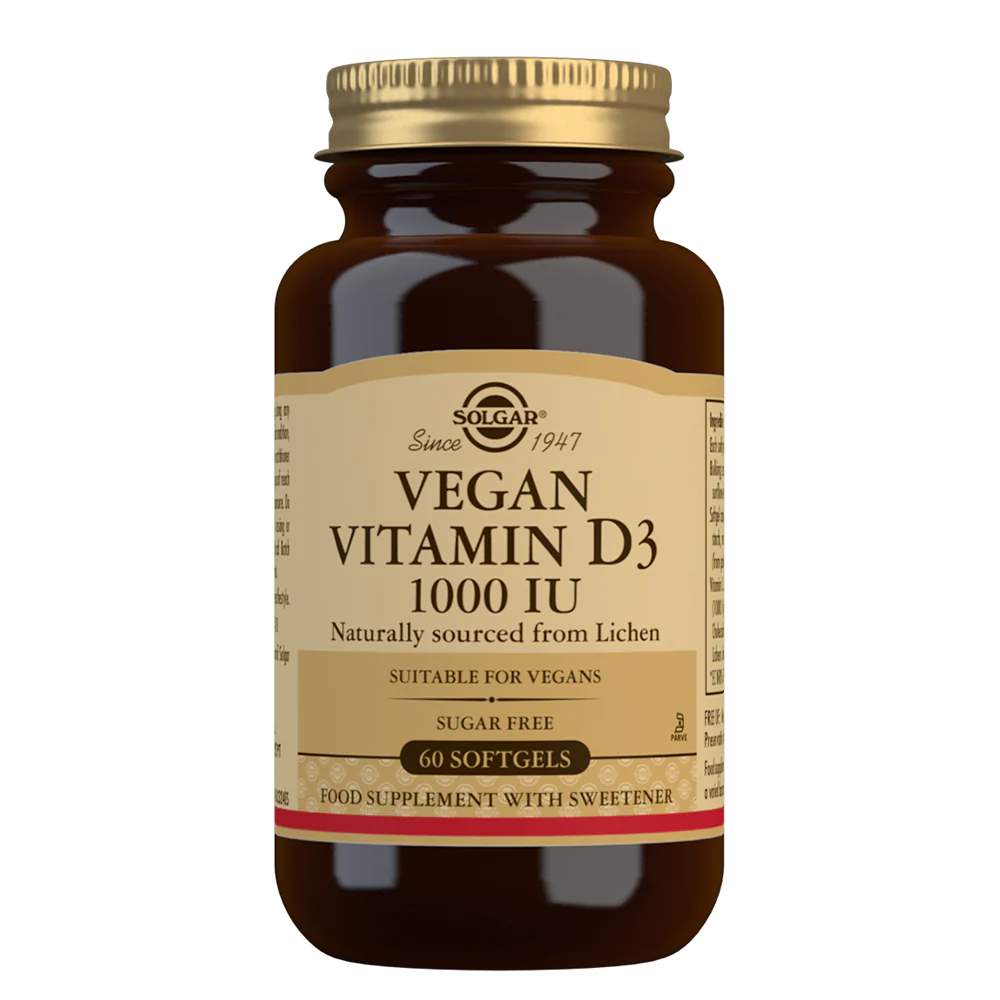
7. Check for Bioavailability
The form of a nutrient affects how well the body can absorb it. For example, magnesium citrate has higher bioavailability than magnesium oxide. Harvard Health advises looking for highly bioavailable forms of nutrients to maximize benefits.
Common Nutrient Forms and Their Bioavailability
| Nutrient | Highly Bioavailable Form | Less Bioavailable Form | Notes |
| Magnesium | Magnesium citrate | Magnesium oxide | Magnesium citrate is gentler on the stomach |
| Vitamin B12 | Methylcobalamin | Cyanocobalamin | Methylcobalamin is better absorbed |
| Calcium | Calcium citrate | Calcium carbonate | Calcium citrate can be taken without food |
| Iron | Ferrous bisglycinate | Ferrous sulfate | Ferrous bisglycinate is less likely to cause GI issues |
8. Protein Powders Can Be Helpful
It is possible to meet protein needs through whole foods, but vegan protein powders can provide a convenient way to meet requirements, particularly for athletes. The American College of Sports Medicine suggests using protein supplements if dietary intake is inadequate to meet individual protein needs.
Vegan Protein vs Whey Protein
| Aspect | Vegan Protein | Whey Protein |
| Source | Plant-based (e.g., peas, rice, hemp) | Animal-based (milk by-product) |
| Digestibility | Generally easier for digestion | May cause digestive issues (lactose) |
| Allergies | Hypoallergenic options available | Contains dairy (may cause allergies) |
| Amino Acid Profile | Often requires blending to be complete | Naturally complete |
| Environmental Impact | Lower carbon footprint | Higher carbon footprint |
| Suitable for Vegans | Yes | No |
9. Zinc Is Often Overlooked
Zinc supports immune function and wound healing. It is primarily found in animal products, but zinc-rich plant foods include nuts, seeds, and legumes. Research suggests vegans may need to supplement zinc due to the lower bioavailability of plant-based zinc.
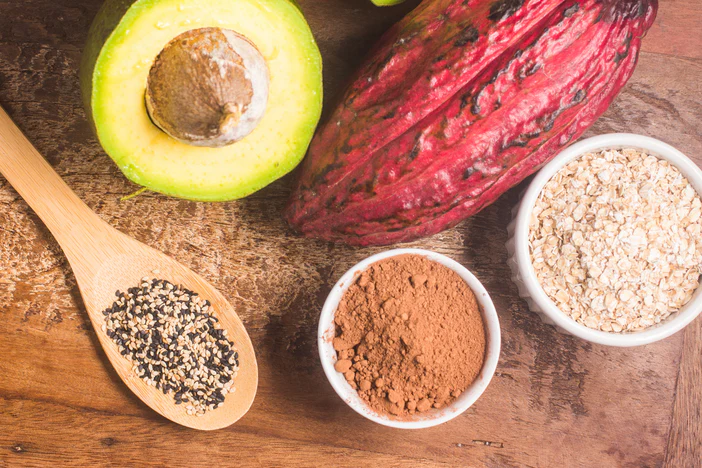
10. Magnesium for Muscle and Nerve Function
Magnesium is essential for muscle and nerve function. The NIH reports that many people do not get enough magnesium from diet alone, and supplementation may be beneficial, especially for those with increased needs or limited dietary intake.
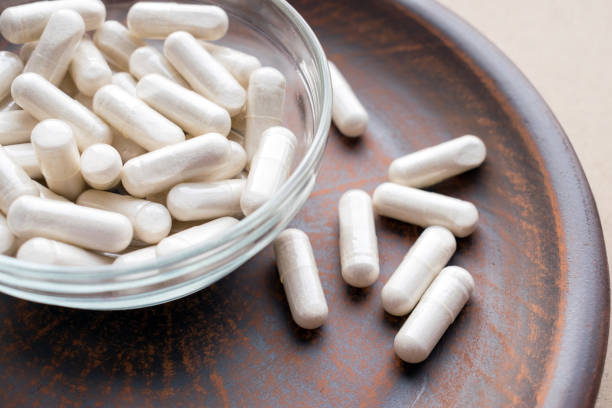
11. Iodine for Thyroid Health
Iodine is essential for proper thyroid function. While seaweed is a good vegan source, the NIH advises that inconsistent consumption of seaweed can lead to either excessive or inadequate iodine intake. A supplement can help maintain consistent iodine levels.
Here are some iodine-rich foods to consider:
- Seaweed (kelp, nori, wakame)
- Iodized salt
- Cranberries
- Potatoes with skin
- Prunes

12. Watch Out for Fillers and Additives
Some supplements contain non-vegan fillers or additives such as gelatin, beeswax, or shellac. Always read the ingredient list carefully to avoid unwanted substances and ensure they align with vegan standards.
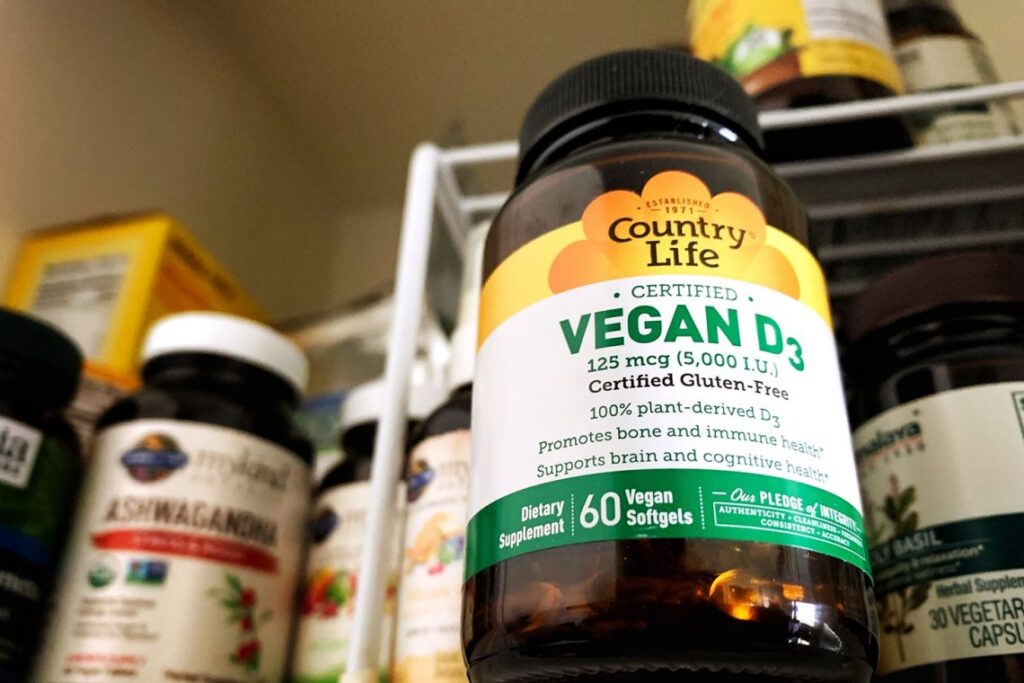
13. Consult a Healthcare Professional
Consulting a healthcare professional before adding new supplements is crucial, particularly if you have underlying health conditions or are taking medications. They can provide personalized recommendations based on your specific needs.

14. Look for Third-Party Testing
Supplements are not as strictly regulated as medications. To ensure quality and purity, look for products that have undergone third-party testing by organizations such as NSF International or USP.
15. Stick to Reputable Brands
Choosing supplements from reputable brands helps ensure product safety and efficacy. Look for companies with a history of high-quality products, transparent ingredient sourcing, and adherence to manufacturing standards.
By keeping these 15 facts in mind, you’ll be better prepared to choose vegan supplements that support your health effectively. Remember, supplements should fill nutritional gaps, not replace a balanced, nutrient-rich diet.
